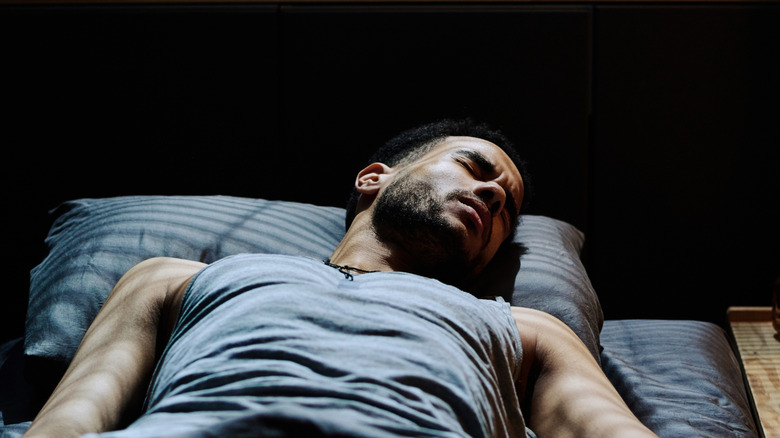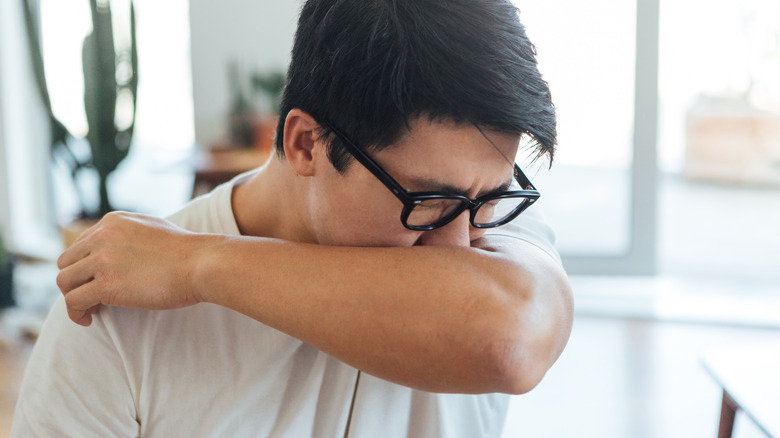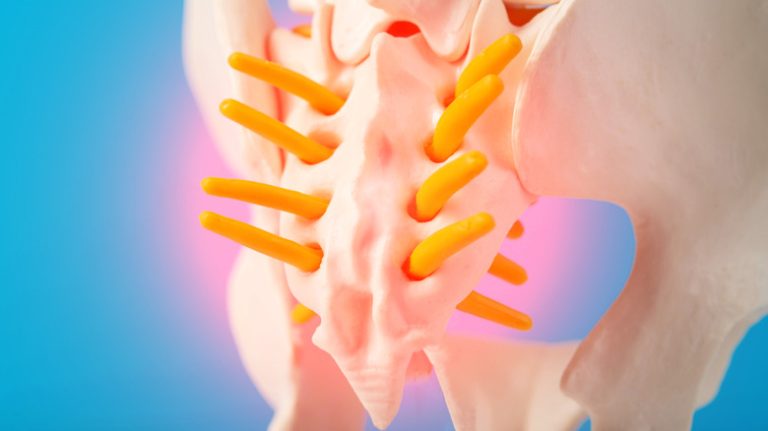
It’s somewhat unsettling to realize that our body paralyzes itself during sleep. This occurs for significant periods of the night, allowing us to get the rest we need. You’ve probably heard of sleep paralysis, a frightening state where individuals become aware during sleep but cannot move. People experience this condition to varying extents, but regardless of its intensity, sleep paralysis is something nobody desires to encounter.
The exact cause of such a frightening condition remains uncertain, but experts believe it is linked to the rapid eye movement (REM) cycle. This is the sleep stage when dreams typically occur. During this stage, our brains paralyze our muscles through a process known as REM atonia, preventing us from acting out our dreams (though nightmares should still be taken seriously as they might signal a serious condition). Thus, for large portions of the night, we are essentially paralyzed, which is reassuring because we don’t want to act out our dreams involuntarily. However, it is also quite unsettling to think that our brains can render us immobile, especially when considering seemingly essential functions like sneezing.
Sneezing is an adaptation humans evolved to quickly expel unwanted invaders, and one might think it’s necessary even during sleep. However, just like acting out our dreams, sneezing is actually impossible during certain sleep stages, and this is linked to the same function believed to be involved in sleep paralysis.
REM sleep paralyzes our body

REM sleep isn’t the deepest form of sleep; it is, however, a fairly deep stage. REM sleep is when dreams occur, and during this stage, the central nervous system is surprisingly active. Therefore, our brains ensure our skeletal motor system is put into a state of muscle paralysis, or muscle atonia. However, the actual mechanisms triggering this paralysis have remained somewhat mysterious for decades.
A 2012 study published in the Journal of Neuroscience examined the phenomenon of muscle paralysis during REM sleep and identified two powerful brain chemical systems that work together to paralyze our skeletal muscles. Researchers discovered that neurotransmitters known as gamma-aminobutyric acid (GABA) and glycine are responsible for producing REM sleep paralysis in rats. These neurotransmitters essentially turn off the brain cells responsible for muscle activity.
As more research is conducted, scientists continue to learn more about this phenomenon of muscle atonia during REM sleep. What we do know for sure is that during these phases of paralysis, we’re not only prevented from moving, but we’re also unable to cough, feel hunger, get the hiccups, or sneeze.
Sneezing is impossible when your body is paralyzed

To be honest, we don’t really want invasive particles freely entering our nostrils while our sneezing reflex is suppressed, but that’s essentially what happens during REM sleep. In other, lighter stages of sleep, we can sense particles in our nose, which temporarily awakens us so that we can sneeze. However, during REM sleep, this is not the case.
Sneezing, also known as sternutation, is an essential part of our immune system, occurring when small objects such as pollen, pet dander, smoke, bacteria, or viral particles land inside our nose. When these objects touch the mucous membrane, it releases chemicals that trigger the large trigeminal nerve. This nerve is responsible for pain and touch sensations in the face. When activated by the mucous membrane, it sends a signal to the brain, which then initiates the sneeze to expel the unwanted objects from our nose. The response involves not just the nose; our diaphragm, chest, abdominal muscles, and vocal cords all work together to rapidly expel air through our nose, hopefully removing the invaders in the process.
Given this, it’s quite concerning that this entire system is prevented from functioning while we sleep. However, it’s important to note that while sneezing during sleep is technically impossible, this only applies to the REM stage. This is due to the same process that relaxes our muscles to prevent us from acting out dreams. The nerve signal action that controls sneezing is effectively suppressed during this sleep stage, and the relevant muscles become inactive, making it impossible for the natural process to function while we’re in the REM stage.
“`






